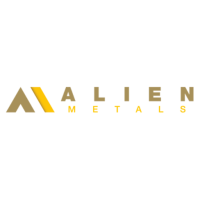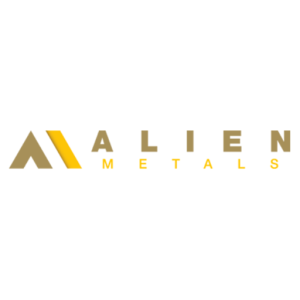Rob Mosig, a geologist with over 30 years of experience, has an extensive background in lateritic terrain, platinum group metals, diamonds, and precious metals. He has previously served as the founding CEO and Managing Director of several ASX-listed companies throughout his career. In his conversation on the podcast, Rob discussed Alien Metals, its various projects, ongoing exploration activities, and the strategic outlook for the company.
Alien Metals Ltd (LON:UFO) is a global minerals exploration and development company that will shortly make the transition to iron ore producer. The company was formed from Arian Silver in late 2018, retaining some of the companies more valuable Mexican projects before embarking on an acquisition led strategy, headed up by an excellent geological team and targeted entirely on Western Australia.



